New products
-
Pre-orderAdyan Glamour ExDP 100ml€35.00 PricePre-orderAdyan Mahib EDP 100ml€23.90 PricePre-orderAdyan Majestic ExDP 100ml€35.00 Price
-
Pre-orderAdyan Musc Mango ExDP 100ml€35.00 PricePre-orderAdyan My Cherry ExDP 100ml€35.00 PricePre-orderAdyan Timeless ExDP 100ml€35.00 Price
-
Pre-orderAdyan Riviera ExDP 100ml€35.00 PricePre-orderAdyan Coconut Vanille ExDP...€35.00 Price
Guide to the persistence of perfumes
Have you ever noticed that some perfumes seem to last longer on our skin than others?
Well, it is not a simple perception: there are in fact valid reasons why some perfumes remain on our skin longer and, to understand it, it is good to delve into each of these determinants in what is a real guide to the persistence of perfumes that we recommend you read to the end.
At the end of this in-depth study you will have all the elements to correctly evaluate the different perfumes and understand in an informed way why, perhaps, your latest purchase seems to be less persistent than the eau de parfum you had previously purchased!
The composition of perfumes
The first key element in understanding why some perfumes seem to last much longer than others is the composition.
In short, and without going into excessive chemical technicalities, perfumes that are characterized by a higher concentration of essential oils and aromatic compounds tend to last longer on our skin: the molecules they are composed of are in fact larger and heavier and, as such, are able to evaporate more slowly, releasing their desired aroma for longer.
The way in which the ingredients are balanced also plays a decisive role: a balanced one will in fact allow some components to evaporate at the moment in which others are still able to remain on the skin, thus creating an aroma that changes over time.
Olfactory notes
The second major reason that influences the persistence of perfumes on our skin are the olfactory notes, in turn divided into three categories probably known to our readers:
- top notes, the first ones that are perceived when the perfume is applied. They are also the ones that tend to evaporate first. As such, these are the ones composed of light molecules, such as herbs and citrus fruits;
- heart notes, which emerge after the top notes have evaporated and which, as their name suggests, constitute the body of the perfume. They are generally made up of molecules with floral or spicy fragrances;
- base notes, which persist longer and are made up of aromas such as wood, musk, vanilla or amber. The molecules are heavier and less volatile and, as a consequence, last longer.
Fixatives
Another element that can impact the persistence of perfumes are fixatives, ingredients that are applied in perfume recipes precisely to help prolong the duration of the fragrance.
The mechanism of action is quite simple: by fixing themselves to the most volatile components of the perfume, they slow down their evaporation, keeping them on the skin for longer.
Perfumes with high quantities of amber, musk, benzoin and synthetic compounds tend to last longer than others.
Quality
There is no doubt that the quality of the ingredients can also play a very important role in influencing the persistence of the perfume.
High-quality natural ingredients tend to have a richer olfactory profile (think pure essential oils) and last longer than lower-quality synthetic alternatives.
Concentration
Let's move on to the concentration of the oils and aromatic compounds in the perfume, an element that is directly related to the persistence of the aroma.
In short, the different categories of perfumes have variable concentrations of these ingredients: parfum, for example, has a concentration of between 20% and 40% of essential oils, while eau de parfum has between 15% and 20%. Eau de toilette has a concentration between 5% and 15%, while eau de cologne has between 2% and 4%.
Translated into duration, a parfum can be expected to last at least 8 hours, while eau de cologne tends to last less than 3 hours.
The skin
A fundamental role in influencing the persistence of a perfume is then played by the skin and its pH, level of hydration and temperature.
Although this topic deserves further exploration, we will limit ourselves here to remembering that well-hydrated skin tends to retain fragrances longer, because the perfumes will be able to adhere better to the natural oils present in the skin.
The pH can also slightly alter the chemical composition of the perfume: it is precisely for this reason that the same perfume can "smell" differently if it is applied to different people.
The environment
The environment in which the perfume is used is also another element that can significantly impact its persistence.
For example, if the environment is particularly hot, the perfume molecules will tend to evaporate more quickly, reducing the overall duration of the fragrance. If, on the other hand, you are in cooler environments, then the perfume will tend to last longer.
Again, if the environment is very humid, the perfume can integrate with the humidity in the air, prolonging its duration. If you are sweating more heavily, perhaps because you are undergoing particularly intense physical activity, then the perfume may evaporate more quickly but also do so in such a way as to release a more intense fragrance, because the aromas of the perfume will end up binding with the oils in the skin.



















 Italiano
Italiano English
English
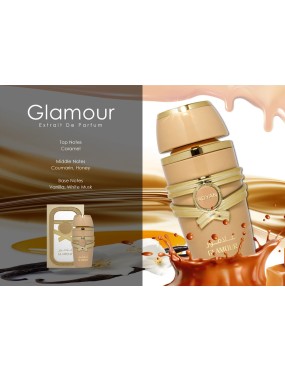

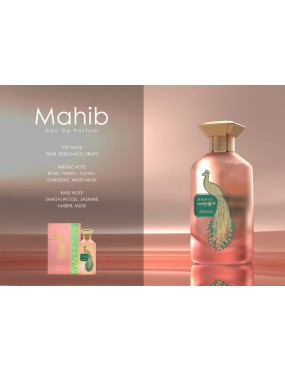

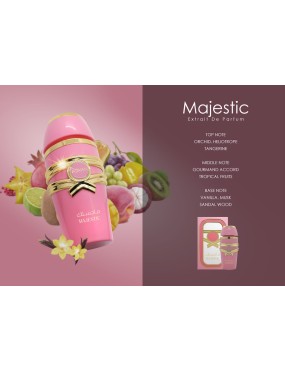

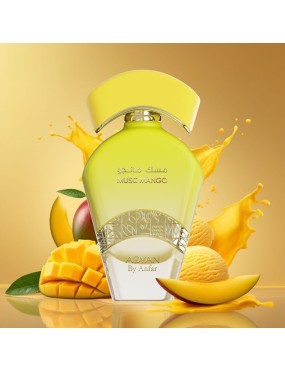

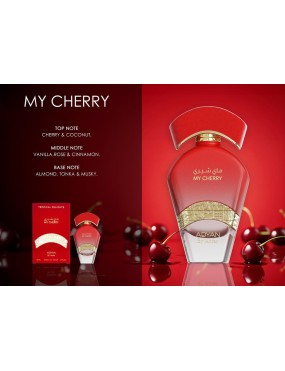

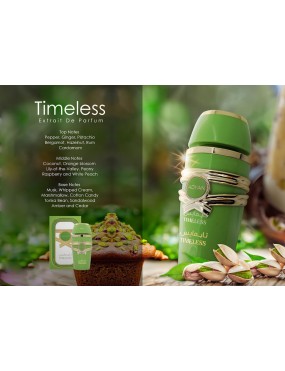

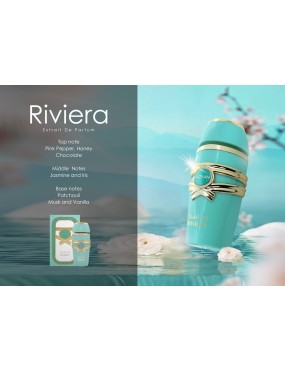

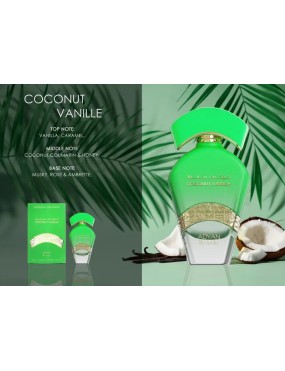

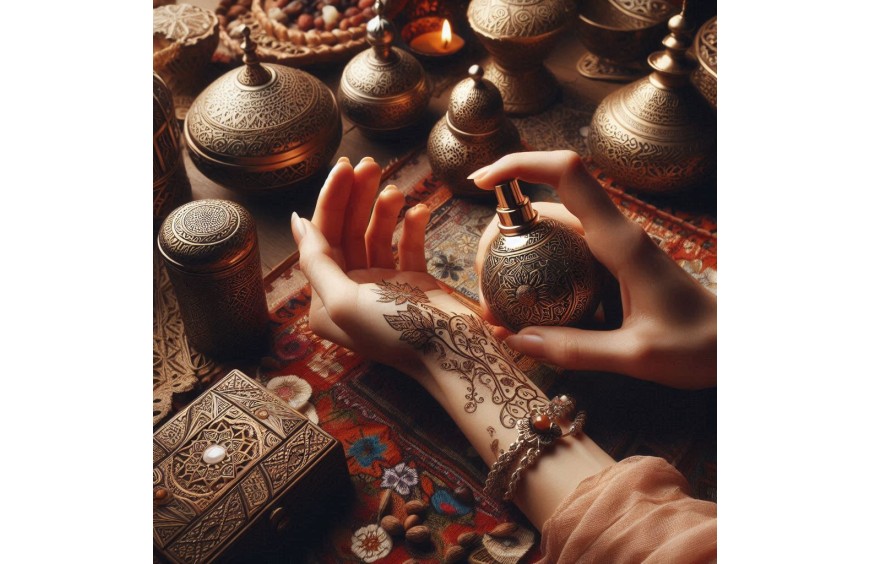
Leave a Reply Cancel Reply